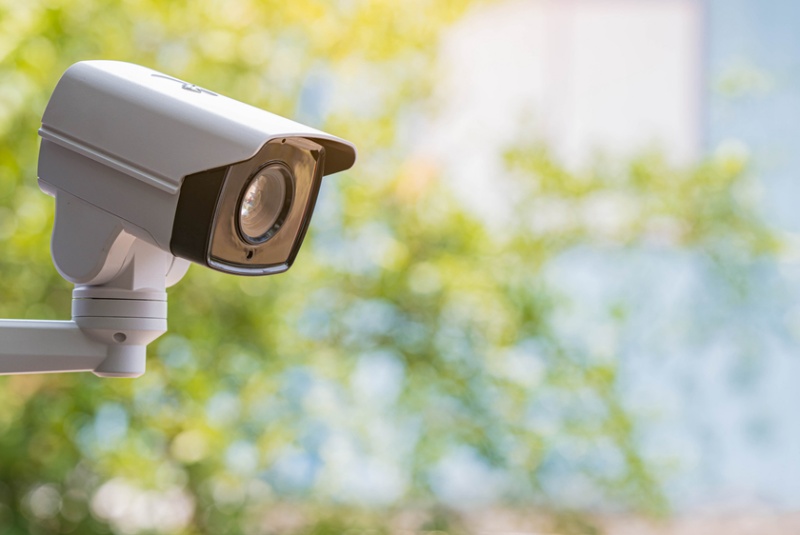Welcoming a new addition to your family is one of life's most joyous occasions, but it can also be an expensive endeavor. With the cost of raising a child steadily increasing, many new parents find themselves feeling overwhelmed by the financial burden. To help alleviate some of the stress, we've compiled a list of top money-saving tips to help new parents navigate the world of baby expenses with ease.
- Embrace Secondhand Items
It's no secret that babies grow quickly, which means they'll outgrow their clothes, toys, and gear in no time. Embrace the idea of purchasing gently used items for your little one. Thrift stores, consignment shops, and online marketplaces like Facebook Marketplace or eBay are excellent sources for finding high-quality items at a fraction of the cost. Additionally, you can save money by joining local parent groups where you can swap baby gear, clothes, and toys.
- Create a Budget and Stick to It
Before the baby arrives, sit down with your partner and create a budget specifically for the baby. This includes categories such as clothing, food, diapers, childcare, and medical expenses. Track your spending and adjust your budget as needed to ensure you're making the most of your finances. Sticking to a budget can help prevent overspending and help you prioritize your child's needs over wants.
- Be Smart About Diapers
Diapers can be a significant expense for new parents, so consider exploring cost-effective options. Cloth diapers are an eco-friendly and budget-friendly alternative to disposable diapers. Although the initial investment may be higher, cloth diapers can be used repeatedly, saving you money in the long run. If you prefer disposable diapers, consider buying in bulk from warehouse stores or using coupons and sales to stock up on your favorite brand.
- Make Your Own Baby Food
Once your baby starts eating solids, consider making your own baby food instead of purchasing expensive pre-made options. Homemade baby food is often healthier, as it contains no preservatives or additives, and it's more cost-effective. Invest in a quality blender or food processor and some reusable food storage containers to make meal prep a breeze. Plus, you can find numerous recipes and tips online to ensure you're providing your little one with a well-balanced diet.
- Choose Affordable Childcare Options
Childcare can be one of the most significant expenses for new parents. To save on costs, consider exploring alternative childcare options, such as sharing a nanny with another family, enrolling your child in a more affordable daycare facility, or asking family members to help with babysitting. You may also want to explore flexible work arrangements with your employer, which can help reduce the need for childcare.

- Breastfeed or Formula-Feed Wisely
Breastfeeding is not only beneficial for your baby's health but also a cost-effective option compared to formula feeding. If you choose to breastfeed, invest in a quality breast pump and nursing essentials, such as nursing bras and pads. If you prefer formula feeding or need to supplement, be wise about the cost associated with different brands and types of formula. Look for sales, and coupons, and sign up for loyalty programs to save on your formula purchases. Additionally, you can ask your pediatrician for free samples, which can help you find the right formula for your baby without spending a fortune.
- Opt for Multifunctional Gear
When purchasing baby gear, such as strollers, cribs, and high chairs, look for items that serve multiple purposes or can be used as your child grows. For instance, choose a crib that converts into a toddler bed or a high chair that can be adjusted for different ages. Investing in versatile gear can save you money in the long run, as you won't need to buy new items as your baby grows.
- DIY When Possible
Get creative and try your hand at DIY projects for your baby. Instead of buying expensive nursery décor, consider making your own decorations or repurposing items you already have. You can also save on baby essentials, such as burp cloths and bibs, by sewing them yourself or using inexpensive materials like cloth diapers and old towels.
- Plan for the Future
Start planning for your child's future expenses, such as college tuition or extracurricular activities, by setting up a savings account or investment plan. Even small contributions can add up over time, and starting early can make a significant impact on your child's future financial stability.
- Keep Perspective
Finally, it's essential to maintain perspective as a new parent. While it's natural to want the best for your child, remember that the most important things you can provide are love, care, and a nurturing environment. Many of the expensive products marketed towards new parents are not necessary for raising a happy, healthy child. Focus on what truly matters, and you'll be better equipped to make sound financial decisions for your family.
Becoming a parent is a life-changing experience, and it's essential to be financially prepared for this new chapter. By following these money-saving tips, you can reduce the financial stress that often accompanies new parenthood and focus on enjoying the precious moments with your little one. Remember that every dollar saved is a step towards a more secure and stress-free future for your family.




